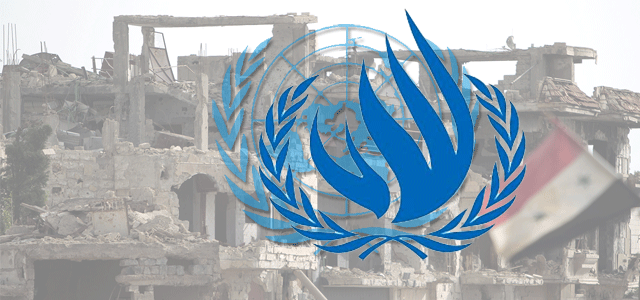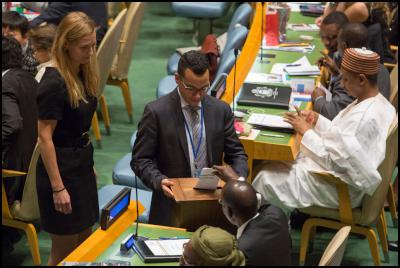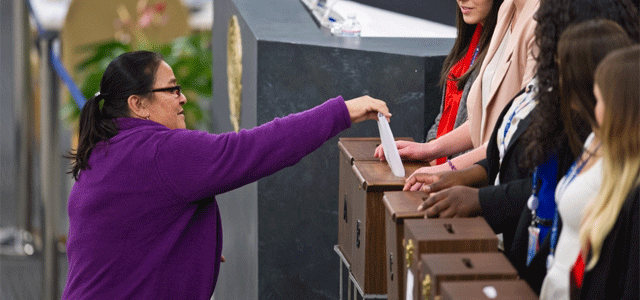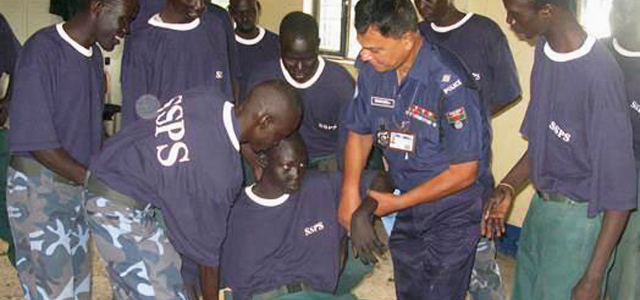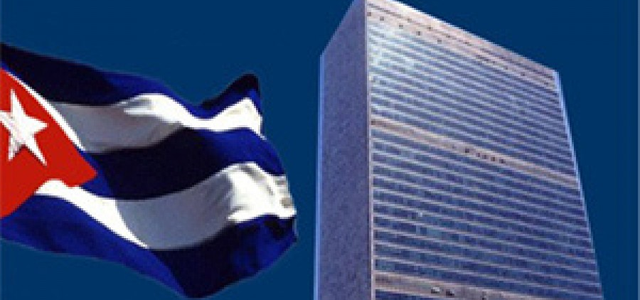UPDATE: Jordan has dropped out of the race for the HRC, and is competing instead for the Security Council seat won and rejected by Saudi Arabia. This makes the Asia-Pacific slate non-competitive, and virtually assures all P-5 members will serve on the HRC next year.
————————————————————————————————————————————————–
If you think the U.N. Security Council has been contentious of late, this may be a preview of how things will unfold in next year’s Human Rights Council.
At next week’s election on November 12th, four of the countries that hold permanent seats and vetoes on the Security Council are competing for spots on the HRC. The United Kingdom, France, China and Russia have all thrown their hats in for this year’s HRC race. The fifth P-5 member, the United States, was elected to the Council last year and so does not need to run again.
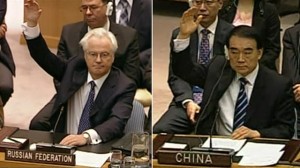
At least some of the P-5 are guaranteed to gain seats on the Council due to closed regional slates. The UK and France are the only two countries running from Western Europe, ensuring their elections. Russia, meanwhile, is competing in the Eastern European slate, along with the Former Yugoslav Republic of Macedonia (FYROM), for one of two seats, also guaranteeing it will ascend to the Council. The only wild card is China, one of five countries competing for four open slots in the competitive Asia-Pacific slate (along with Jordan, Maldives, Saudi Arabia, and Vietnam). Despite some human rights activists urging states to vote against China, it’s likely to walk to a seat.
So the odds look pretty good for a 2014 Human Rights Council that contains all five permanent Security Council members. What exactly would such an outcome mean?
Having all of the P-5 on the Council at once is not unprecedented. For the first few years of the Council’s existence (after being reconstituted in its current form in 2006), the United States chose not to participate in the HRC, while Russia, China, the UK and France did take part. However, in May 2009 the U.S. joined the HRC, in which the other four permanent Security Council members already held seats. The UK and France cycled off the Council in June 2011, however, so the period of full P-5 representation on the Council was relatively brief. In one notable moment of cooperation during this period, however, the HRC did recommend to the General Assembly the expulsion of Libya from its seat on the Council in February 2011, in light of the atrocities being committed in the country by the Gaddafi regime.
A lot has changed in the world since the last time the P-5 all sat on the HRC. Most glaringly, the Security Council has been largely paralyzed for the last two and a half years on the contentious issue of how to deal with the civil war raging in Syria. Russia and China have consistently blocked action desired by the other P-5 states to condemn and sanction the regime of Syrian President Bashar Al-Assad, vetoing Security Council resolutions on Syria three times since October 2011. (Russia, in particular, is a close ally of the Assad regime). While there has been some recent cooperation by the Council on efforts to destroy Syria’s chemical weapons, the past two years have amply demonstrated the gridlock of the P-5 on dealing with this preeminent global crisis.
So if the HRC does indeed play host to the whole P-5 once again following next week’s elections, it will not surprise many people if it has trouble reaching consensus on contentious human rights issues. It will remain to be seen if the problems of the Security Council find their way into the workings of the HRC, but as of now, this possibility can certainly not be ruled out.

